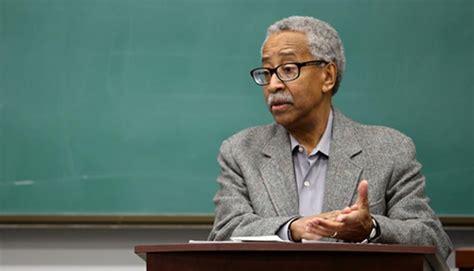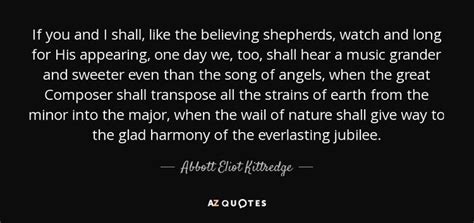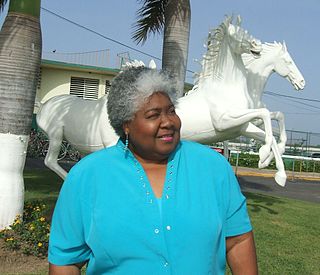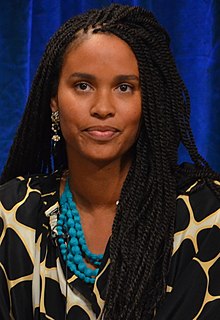A Quote by Virginia Linder
The primary purpose of adoption is to provide a home for a child, not a child for a home.
Related Quotes
Sometimes a child will get lucky and be placed with foster parents who are loving and supportive and who consider that child their own. But for many, that doesn't happen. Kids are moved around from home to home, to group home and institutions, until they are 18, when they are considered adults and the system is finished with them.
I believe that the fewer the laws in a home the better; but there is one law which should be as plainly understood as the shining of the sun is visible at noonday, and that is, implicit and instantaneous obedience from the child to the parent, not only for the peace of the home, but for the highest good of the child.
Because adoption meets the needs of children so successfully, and because there have long been waiting lists of couples hoping to adopt babies and children, it would seem that the solution for abused or neglected kids was obvious. But not to the do-gooders. To remove a child from an abusive parent, sever the parent's parental rights, and permit the child to be adopted by a couple who would give the child a loving home began to seem too 'judgmental.'
The child in each of us Knows paradise. Paradise is home. Home as it was Or home as it should have been. Paradise is one's own place, One's own people, One's own world, Knowing and known, Perhaps even Loving and loved. Yet every child Is cast from paradise- Into growth and new community, Into vast, ongoing Change.
The character of a child is formed largely during the first twelve years of his life. He spends 16 times as many waking hours in the home as in the school, and 126 times as many hours in the home as in the church. Each child is, to a great degree, what he is because of the ever-constant influence of home environment and the careful or neglectful training of parents. Home is the best place for the child to learn self-control, to learn that he must submerge himself for the good of another. It is the best place in which to develop obedience, which nature and society will later demand.
Wherever possible, home is by far the best nest until at least eight, ten or twelve. Psychologists and psychiatrists who understand child development would prefer an even later age. In a reasonably warm home, parent-child responses, the true ABC's of sound education, are likely to be a hundred times more frequent than the average teacher-child responses in a classroom.
Please don't kill the child. I want the child. Please give me the child. I am willing to accept any child who would be aborted, and to give that child to a married couple who will love the child, and be loved by the child. From our children's home in Calcutta alone, we have saved over 3,000 children from abortions. These children have brought such love and joy to their adopting parents, and have grown up so full of love and joy!
For me to sit here and give all kinds of excuses to make it right, I can't do. But what I want to ask everyone out there, everyone that has a child, everyone that has a brother, a sister: if your child or family member was abducted today, if a mad man came in, a terrorist came in, abducted your family member or your child and if I said to you I can bring your child home...does it matter how I bring them home?
When I have children that go home and mom and dad are not home because they're working, they're trying to get food on the table, and they come home to an empty house and they go to sleep in an empty house, there is no way that child can compete against a child from the west side of Los Angeles who both parents went to Stanford. Well, good for them, God love them. That's not an equal playing field.
It is easy to say that you can adopt the whole human race as your children, but it is not the same as living in a home with a child and shaping all you do to help him learn to be happy and whole and good. Don't live your life without ever holding a child in your arms, on your lap, in your home, and feeling a child's arms around you and hearing his voice in your ear and seeing his smile, given to you because you put it into your heart.
Having a child is the polar opposite experience of the awards season experience. The awards-season experience requires you to be out in the community, in the heart of the community, at the nucleus of the film community in a really committed way for about a six-month period of time. Having a child requires you to nest, to be in your home, and to create and make your home and environment that is one that is potentially very welcoming and nurturing for a child.


































